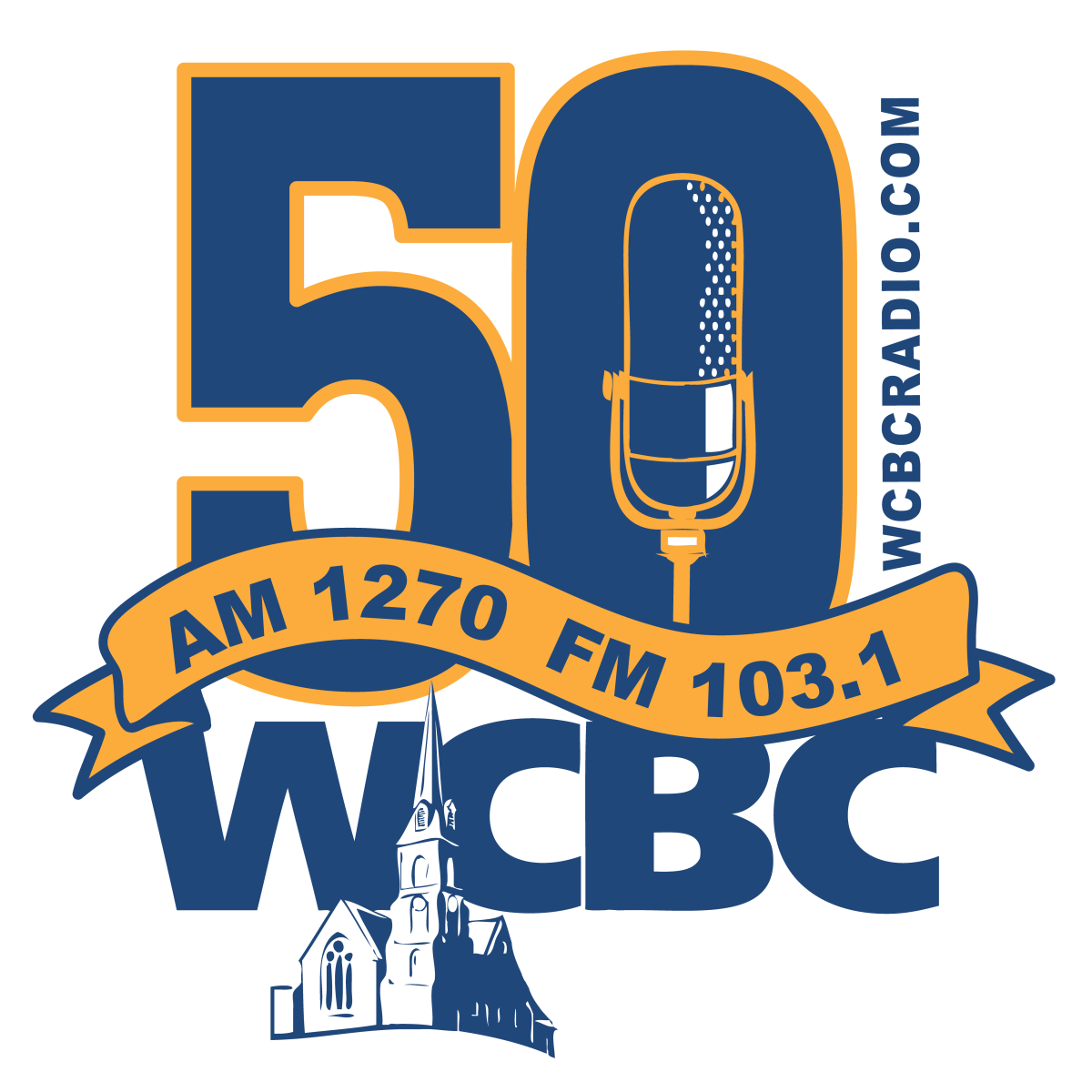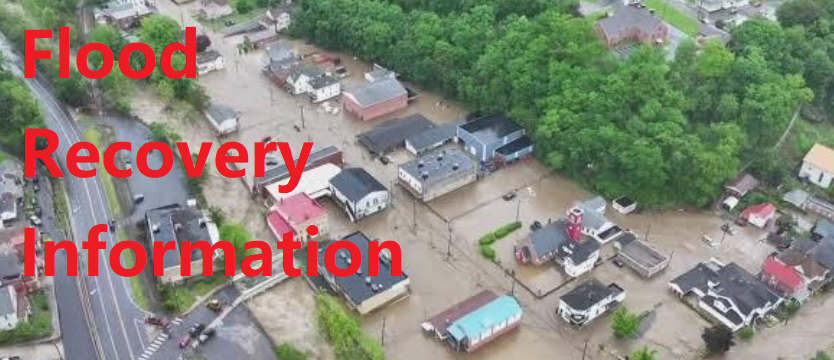March 7th, 2023 by WCBC Radio
U.S. Senators Chris Van Hollen and Ben Cardin and Congressmen Steny H. Hoyer, Dutch Ruppersberger, John Sarbanes, Kweisi Mfume, Jamie B. Raskin, David Trone, and Glenn Ivey (all D-Md.) sent a letter urging the Federal Communications Commission (FCC) to update and improve Maryland’s broadband mapping data based on the Office of Statewide Broadband’s comments on the National Broadband Map. As required by the Broadband Deployment Accuracy and Technological Availability Act (Broadband DATA Act), the FCC is developing the National Broadband Map, which will display specific location-level information about broadband availability. Along with being a crucial tool for better understanding the state of broadband access in the country, this map will be used to determine the additional needs-based funding each state receives from the $42 billion available in the Broadband, Equity, Access, and Deployment (BEAD) program, which the lawmakers worked to create in the Infrastructure Investment and Jobs Act to increase connectivity and tackle the digital divide. Maryland will receive base funding of $100 million from the program, and accurate mapping by the FCC is critical to ensuring Maryland receives its full share of additional funding.
“Guaranteeing all Americans access to affordable, reliable, high-speed internet is a shared goal, and we appreciate the FCC’s commitment to this endeavor. To that end, we urge your agency to update and improve its broadband mapping data based on the feedback from our state’s broadband office,” the lawmakers wrote.
“The Office of Statewide Broadband (OSB) found approximately 3,800 addresses incorrectly identified as serviceable by internet service providers (ISPs) compared to the state’s information on unserved locations. […] The stakes are high: Inaccurate data will result in unfair funding allocations. As such, we ask the FCC to consider reviewing additional data from states through the end of March,” they continued.
The lawmakers noted that already federal resources have made great progress in connecting Marylanders but challenges remain, stating, “For many, particularly in urban and suburban areas, the high cost of broadband has prevented them from acquiring the service. Families in rural areas, like in parts of Western Maryland and Maryland’s Eastern Shore, face greater distances to existing broadband infrastructure and fewer potential ISP customers per mile.”
“As the FCC implements the Broadband DATA Act, we look forward to working with you to consider whether current data collection efforts are sufficient to address mapping issues and whether additional legislative action is needed to incorporate other variables into the FCC’s collection efforts,” concluded the lawmakers.




.jpg)













